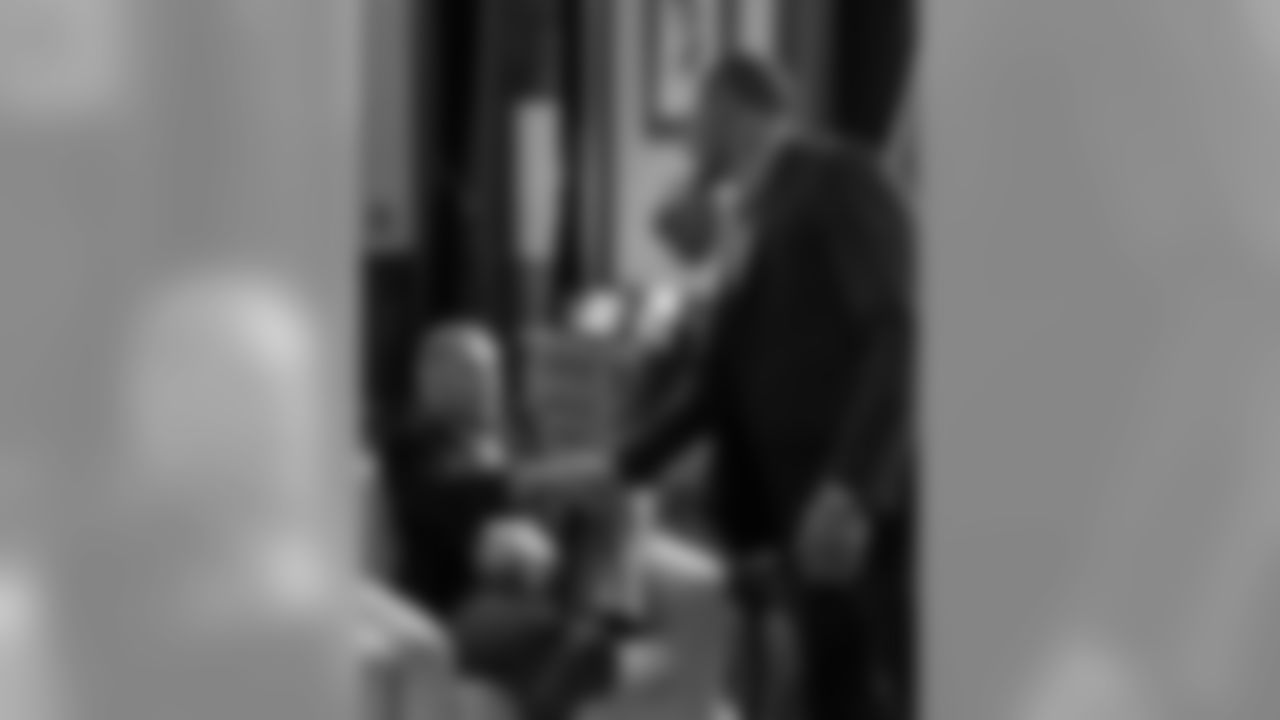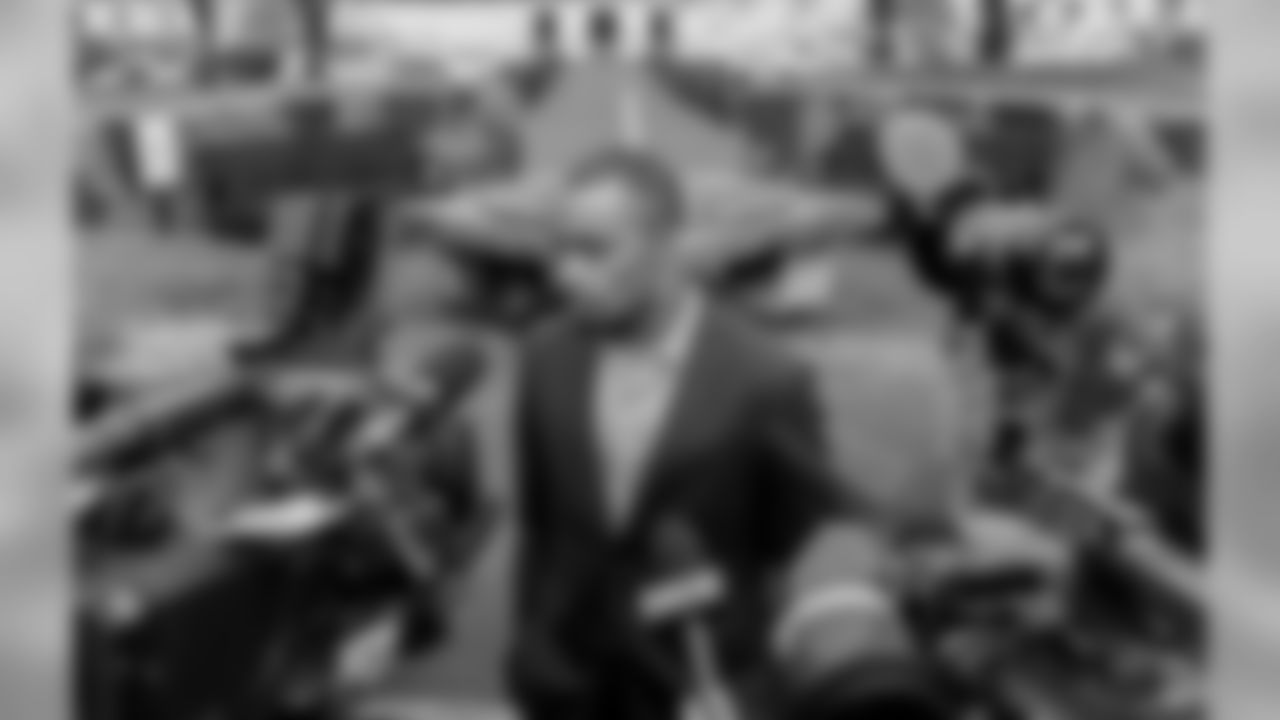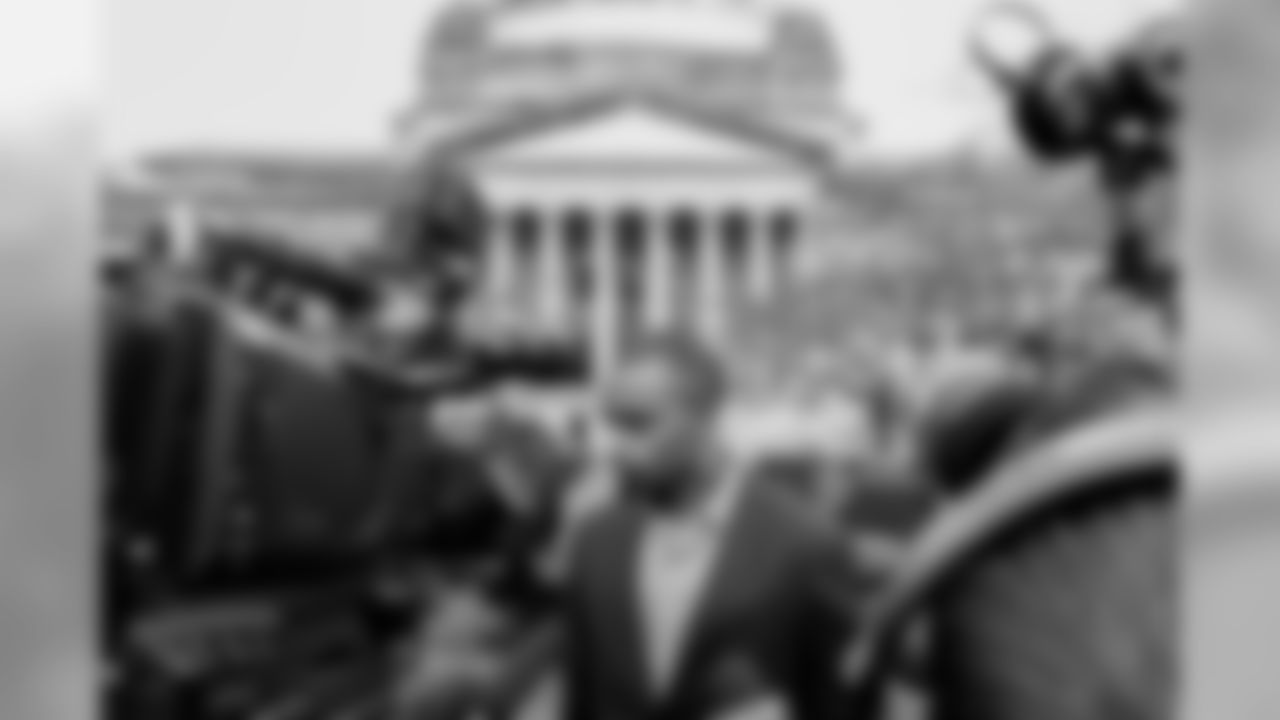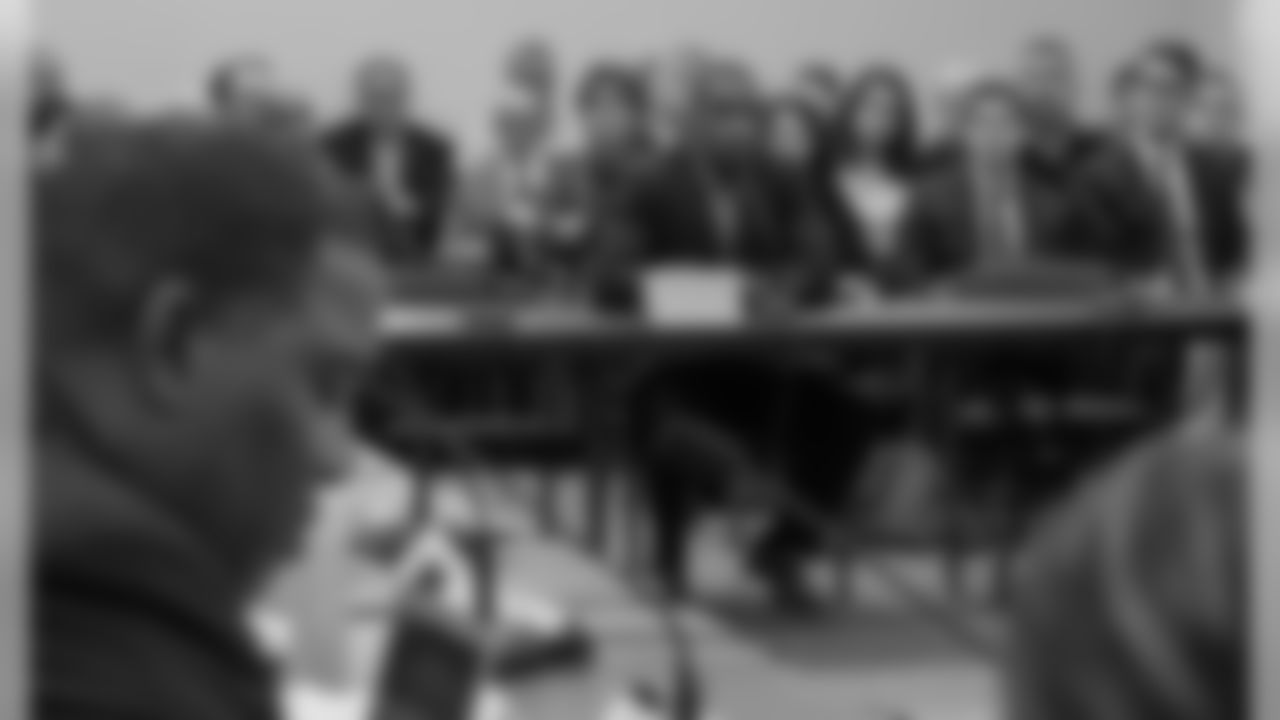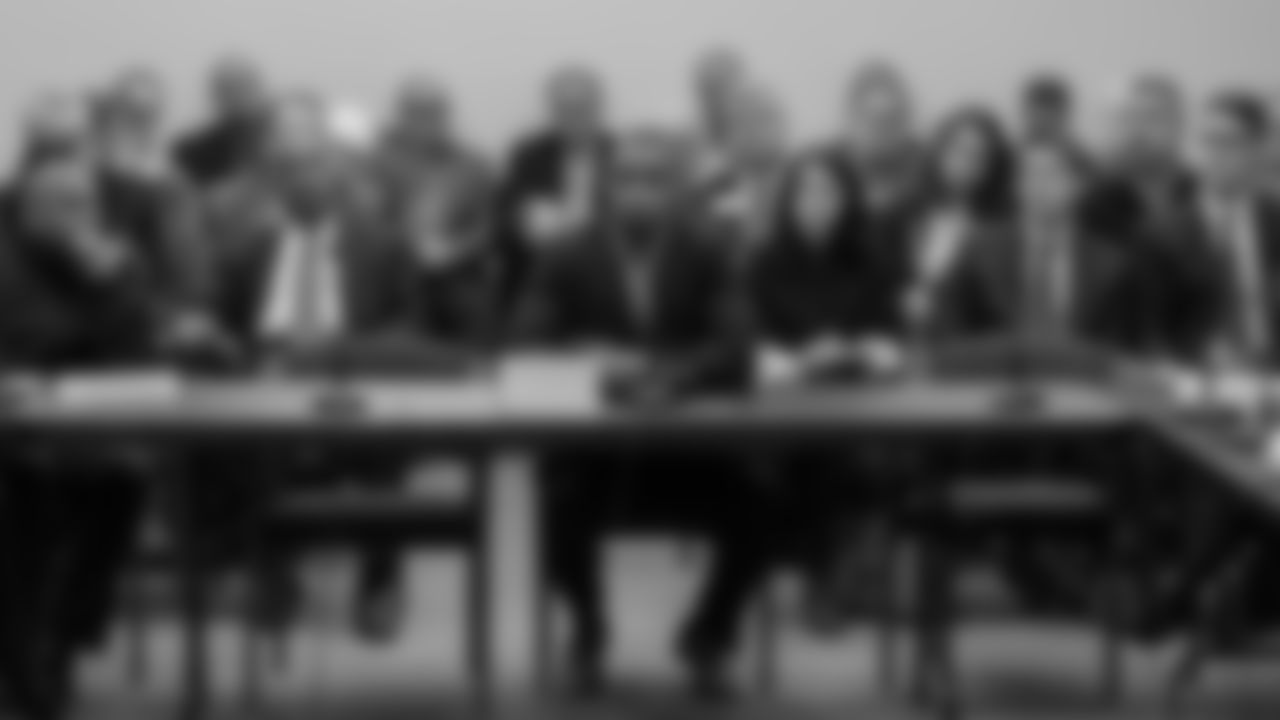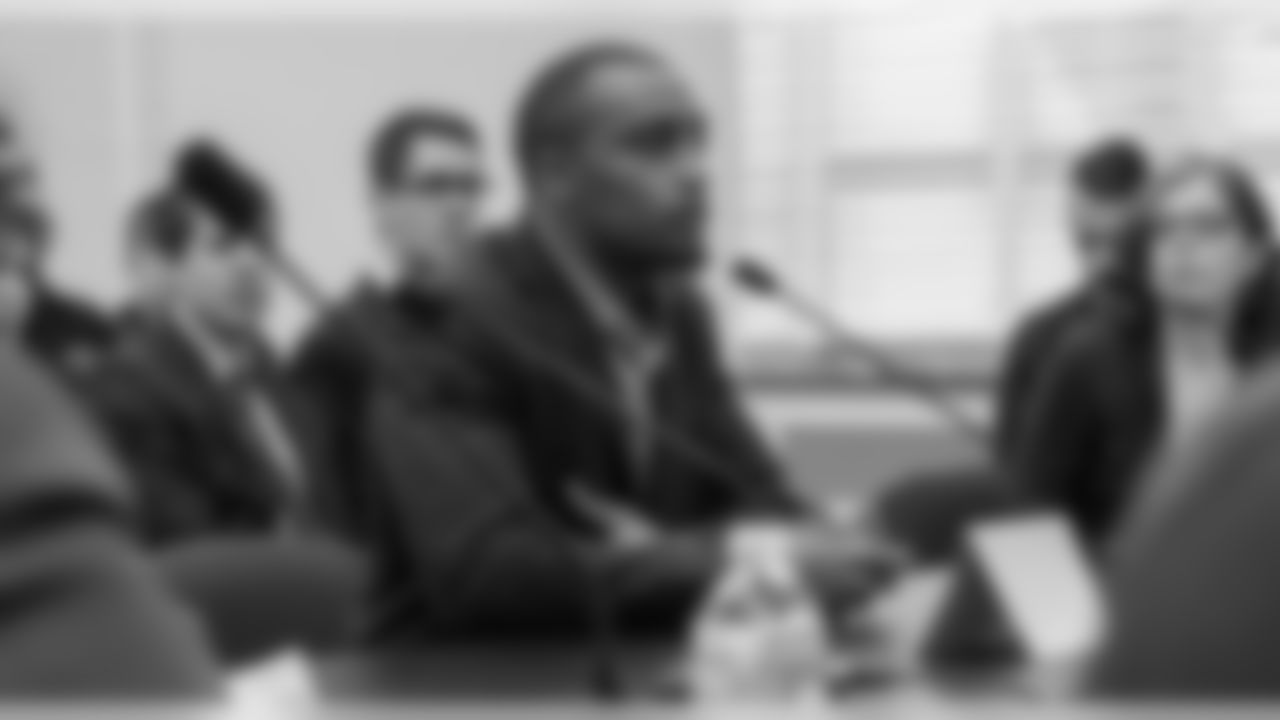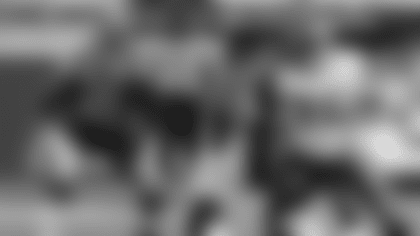Pete Carroll has never been one to "stick to sports."
While he was the head coach at USC, Carroll started A Better LA, a non-profit that strives to use community-based solutions to save lives in the inner city. Since coming to Seattle, Carroll has launched A Better Seattle, and he has made a point of not just allowing his players to speak their minds and get involved in various causes, but encouraging them to do so.
So it should come as no surprise that when a reporter at the NFL Annual Meetings asked Carroll about the league's and players' role in social issues, the Seahawks coach was eager to have a lengthy conversation.
"Yeah, as a matter of fact, I am distinctly tuned in to that," Carroll said in Phoenix last week. "I think the league does have an extraordinary opportunity to take the leadership role that so many people count on us to have and fill. So many things surfaced last year—not new things, but things that surfaced and emphasis and opened up doorways for opportunities to make great strides heading forward. I think that in terms of race in particular, I think we have an extraordinary opportunity to advance the conversation, to take us to a place where people can understand that there's such a tremendous necessity to grow in our understanding, in our acceptance, in our appreciation for one another."
And this isn't something that's just on Carroll's mind or on that of players, several of whom, led by Colin Kaepernick, took part in different demonstrations during the National Anthem last season. Serious non-football topics were up for discussion in owners' meetings last week.
"It's a topic that came up in the meetings with ownership, and it's something that I'm hoping we can all be ready to open up new dialogue and create new language and new perspective that can take us to a place that can allow us to change and to grow," Carroll said. "And so I think just coming out of the meetings that there is a sense that we need to seize this opportunity. We need to go for it. We need to go for it in a way to create the conversations about things that people don't know how to talk about, that have been unapproachable, that have not been available to us because it's just too uncomfortable. We need to go there."
The conversation going on at the league meetings is one that the Seahawks have been having for a while, especially early last season when the team decided to present "a unified front" during the National Anthem, standing together while linking arms. While preparing for the 2016 season, the Seahawks also met with people like Kareem Abdul-Jabbar and Dr. Harry Edwards, a sociologist whose area of focus includes sports, family, race and ethnic relations. One of the key elements of those meetings was Edwards telling players that “the difference between a mob and a movement is follow through.” And Seahawks players have been following through, whether in the form of Doug Baldwin going to Olympia to address a use of deadly force task force, or in Michael Bennett recently announcing that he is donating all of his 2017 endorsement money and half of the proceeds from his jersey sales to cause that will “help rebuild minority communities.”
Carroll, who often compares his relationship with players to that of a father and sons, has taken a lot of pride in seeing his players using their platform as NFL stars to do good in the world.
"I do take pride in that—we've really openly encouraged our guys find their calling and to act on it and then follow through with it," Carroll said. "Really all we're doing is getting out of their way and supporting them, but I think there's enough conversation in our building about responsibility and opportunity to do things and to create change and to affect other people's lives, really from their hearts. I think you see our guys doing it in marvelous ways. Some of the stuff, like what Doug's involved with law enforcement, changing laws, adjusting the way things have been done in the past, because of their diligence and expertise and all, that's really rewarding. This whole thing about building a bridge between law enforcement and the community is a noble, right on the money pursuit. I'm really proud our guys are doing stuff like that. I think Michael's statements, his chartable thoughts, it's really extraordinary."
As for the discussions at the league meetings, Carroll was encouraged by what he heard.
"I think that there was a really good response," he said. "A lot of guys came up and spoke and shared their thoughts and stuff. We know that we're heading into a new area for us. And there were people that were ready to take that challenge and step of moving forward in a really good way. If the NFL could follow this up and create a new dialogue, there's no telling how far that could take us and to helping everybody. It's not necessarily a football issue to me—it isn't a football issue. It just happens to be we're in a place where we have this extraordinary, unique opportunity where guys come from everywhere and we can pool our ideas and share our experiences and maybe find a new way and a new vision for moving ahead. So that's pretty awesome."
Doug Baldwin visited Olympia to speak at a hearing of the Washington State Use of Deadly Force in Community Policing Joint Legislative Task Force and meet with Governor Jay Inslee.


